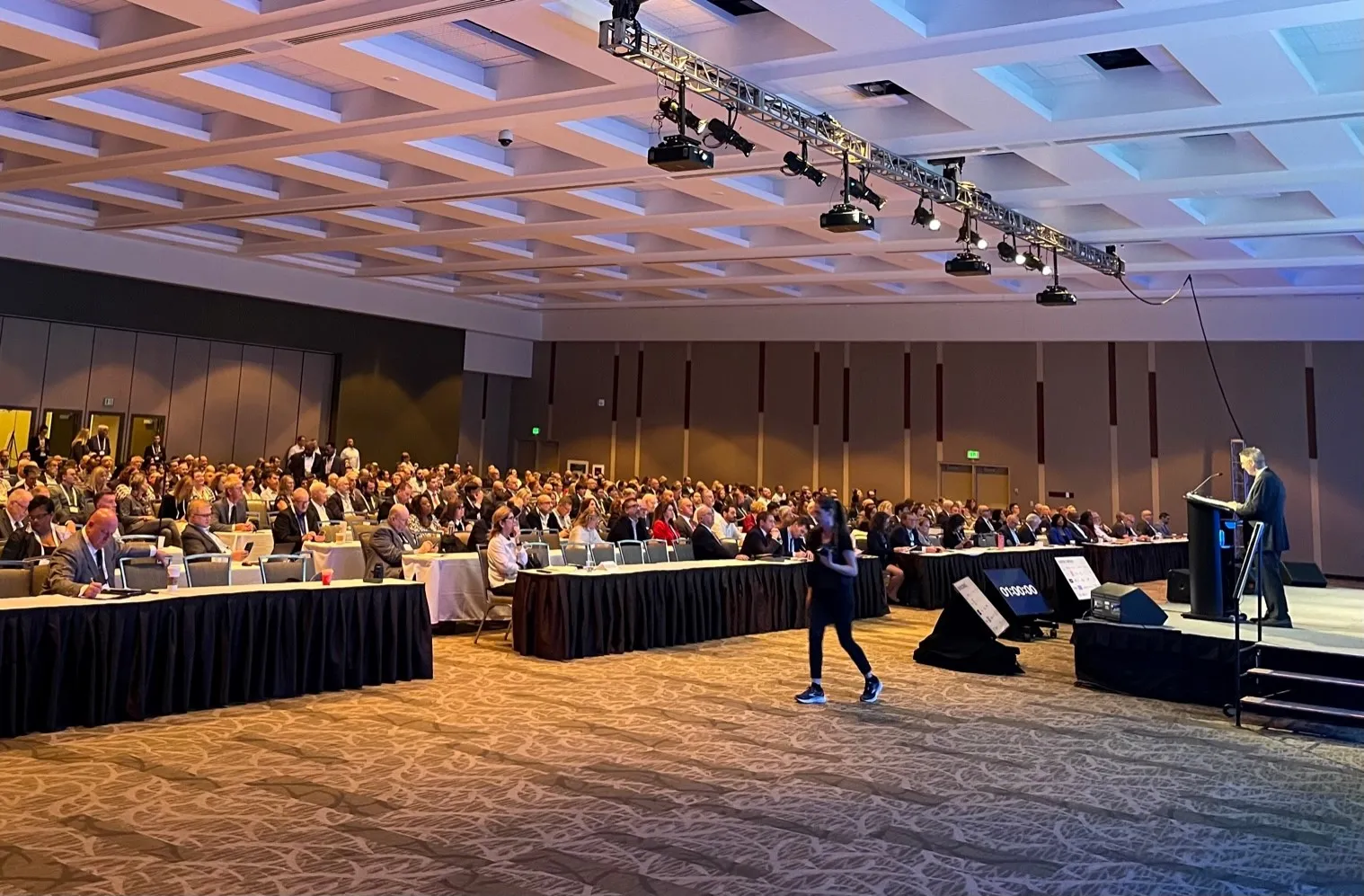The International Bridge, Tunnel and Turnpike Association (
35 states and territories throughout the country have utilized tolling in one form or another to help pay for infrastructure development. There are currently over 5,900 miles of tolled roads throughout the United States today that generate over US$13 billion in toll revenues annually and support billions of dollars of capital investments each year.
IBTTA executive director and CEO Patrick D. Jones, said that, to complement the proposed $200 billion for infrastructure projects included in the budget and the administration’s call for regulatory reform, Congress should lift the ban on tolling interstate highways. Congress should give states access to one more tool in the toolbox by allowing them to toll their Interstate highways specifically to rebuild them. This wouldn’t be a mandate; no state would be required to toll their interstates. This would simply give states an option, the flexibility to choose tolling if it makes sense to them.
He continued, “Toll financing is not the answer for every infrastructure project in the country, but the power of tolling is proven and effective. Giving states flexibility to toll their interstates for the purpose of reconstruction is consistent with two principles outlined in transportation secretary Elaine Chao’s recent testimony before the Senate Environment and Public Works Committee: long term reform on how infrastructure projects are regulated and broadening and expanding participation in infrastructure funding so that more projects can be undertaken overall.”
IBTTA calls on Congress to repeal regulation on tolling interstate highways
The White House has released President Trump’s fiscal year 2018 budget, including a US$200 billion investment in infrastructure projects over the next 10 years with a focus on leveraging the power of public private partnerships. The International Bridge, Tunnel and Turnpike Association (IBTTA) has responded, saying the government should repeal the burden of regulation and give states maximum flexibility to use financing tools to meet their local needs. 35 states and territories throughout the country have u
May 24, 2017
Read time: 2 mins
The White House has released President Trump’s fiscal year 2018 budget, including a US$200 billion investment in infrastructure projects over the next 10 years with a focus on leveraging the power of public private partnerships.









